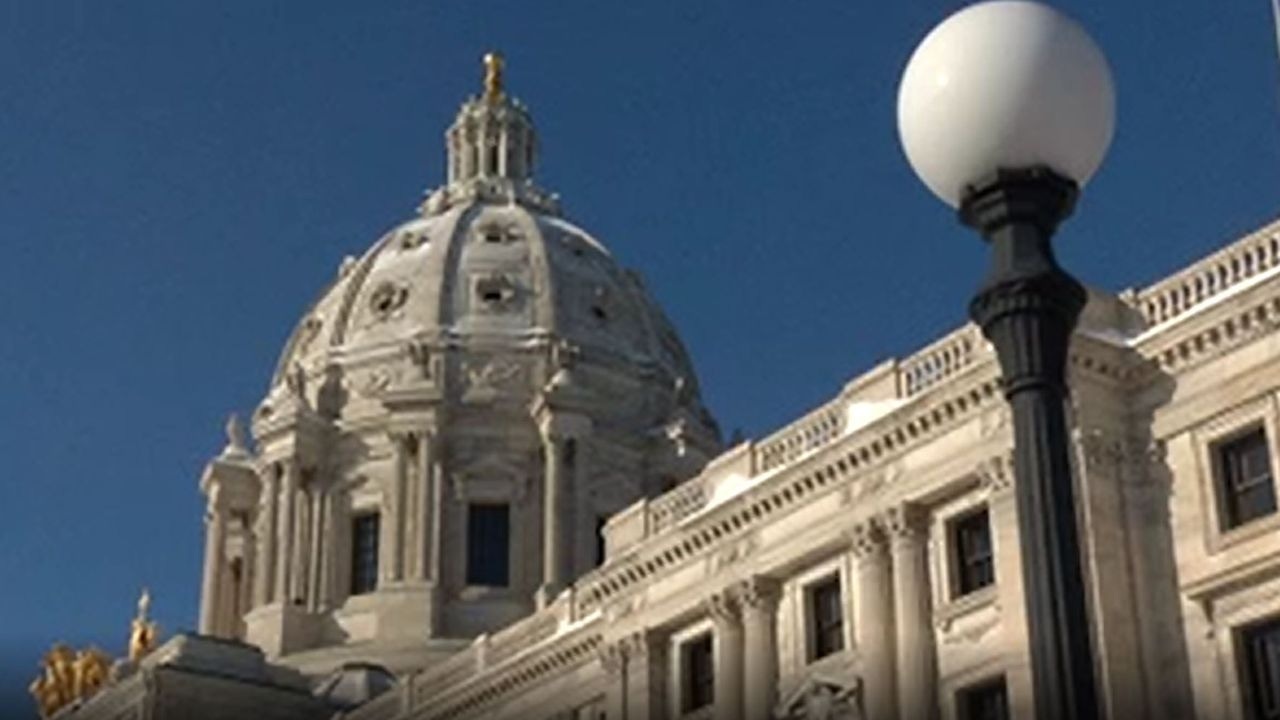Minnesota Legislature faces long ‘to-do’ list following holiday break
[anvplayer video=”5101902″ station=”998122″]
The 201 members of the Minnesota House and Senate have scattered to their home districts or to vacation spots with their families for the traditional Easter/Passover break.
They won’t return to the Capitol until April 19, and it might be a good idea if they get some rest while they’re away. The “to-do” list will be long and the time will be short to check off whatever they can before the May 23 constitutional deadline to adjourn.
Since the legislative session began Jan. 1, lawmakers have seen the state’s projected budget surplus grow from $7.7 billion to $9.25 billion. Still, the only major agreement reached so far is to spend $700 million on a reinsurance program to help keep health insurance premiums for 167,000 Minnesotans from sharply increasing.
Gov. Tim Walz immediately called for direct payments to Minnesotans to reduce the surplus by about $2 billion. His plan would deliver $500 to single taxpayers and $1,000 to married tax filers.
“And I’ll make my case again this gives us the opportunity to get those checks right in the hands of folks now,” the governor said at a news conference in March shortly after the increased budget surplus was announced. “One of the best things we can do for the economy and for families is put money into their pockets right now.” He held the news conference at a gas station where customers were paying nearly $4 per gallon for gas.

A file photo of the Minnesota State Capitol. (KSTP-TV)
Senate Republicans countered by proposing nearly $3 billion in income tax reductions this year and $2.5 billion per year for the next few years.
“Senate Republicans have proposed permanent ongoing tax relief so working Minnesotans see more money in their pocket every single paycheck, week-after-week, month after month, year after year,” Senate Republican Leader Jeremy Miller said last month. The Republican plan does not include direct rebate payments. They do propose eliminating all income taxes on Social Security.
Meanwhile, House Democrats propose tax credits for low and middle-income families with children along with new spending on a variety of programs to help families. “Things like paid family leave, earned safe and sick time, affordable health care, affordable child care, good schools, bonuses for frontline workers,” DFL House Speaker Melissa Hortman told reporter in March. House Democrats also do no propose direct rebate payments.
In addition to trying to work out those three-way differences, they also have yet to reach agreement on pandemic pay bonuses for frontline workers; replenishing the state’s unemployment trust fund to the tune of $2.7 billion; deciding whether to spend money on paid family and medical leave; increase general education funding and possibly pass a $2 billion package of building projects in the bonding bill.
Although they did pass emergency funding to help farmers with the avian flu outbreak and recover from last year’s drought, major compromises have been difficult to reach.
Once they return to the Capitol on April 19, they’ll have 34 days left in the session to reach agreements.